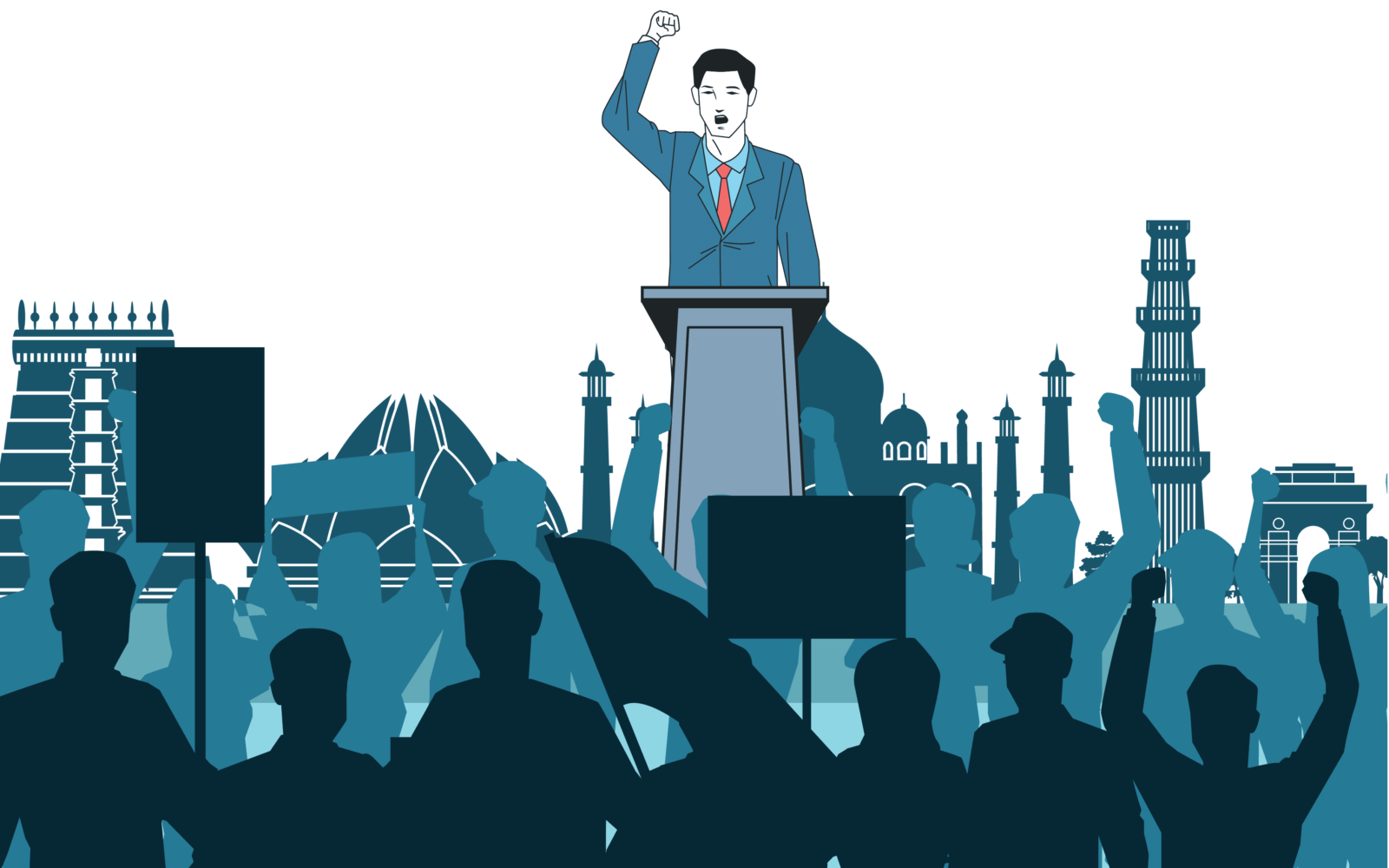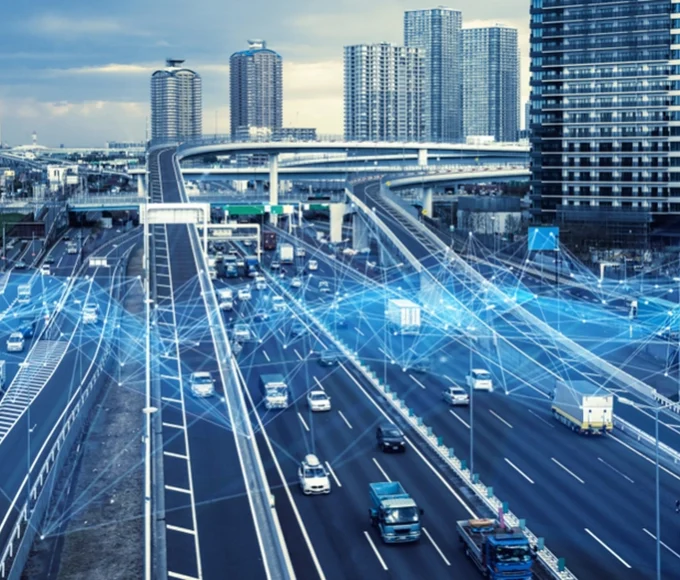In the modern era, the marriage between artificial intelligence (AI) and various sectors has birthed remarkable transformations, and the world of politics stands as a prime example. The fusion of AI and political analysis has opened up extraordinary avenues to unravel intricate political landscapes, predict election outcomes with heightened precision, and uncover valuable insights into policy matters. This union of technology and politics is fundamentally reshaping our approach to comprehending, scrutinizing, and participating in political processes.
The Magic of Data
The very heart of AI in political analysis lies in its extraordinary capability to process and make sense of enormous volumes of data drawn from diverse sources. From conversations swirling on social media platforms to news articles capturing the zeitgeist, as well as historical voting patterns and public sentiments, AI systems possess the uncanny knack to sieve through immense datasets and spotlight meaningful patterns and trends. This data-powered approach empowers political analysts to gain a profound understanding of how voters behave, how public opinions take shape, and how the dynamics of politics unfold.
Forecasting Elections: From Intuition to Science
Traditionally, predicting election outcomes used to rest heavily on manual polling, the wisdom of experts, and historical information. However, AI has injected a new dimension into this arena by ushering in predictive models capable of consuming and analysing a plethora of variables in real-time. Machine learning algorithms have the prowess to recognize subtle shifts in sentiments, monitor the popularity of candidates, and identify emerging trends that might remain hidden from traditional methods.
For instance, AI-driven sentiment analysis can gauge the public mood toward different candidates and parties by scrutinizing posts on social media, dissecting news articles, and parsing public discussions. This treasure trove of insights can be seamlessly woven into predictive models, offering a more accurate depiction of the prevailing mood among voters and assisting in prophesying election results.
Policy Insights: Illuminating Decision-Making
The influence of AI in political analysis extends beyond elections to encompass policy formulation and scrutiny. By poring over historical policy outcomes, gauging public reactions, and dissecting economic indicators, AI systems can offer a glimpse into the potential repercussions of diverse policy choices. This data-backed approach facilitates policymakers in making well-informed decisions and anticipating possible consequences, fostering governance that is rooted in evidence.
What’s more, AI can simulate the ramifications of various policy scenarios and provide quantifiable projections. This empowers policymakers to weigh the merits and demerits of different choices, ultimately aiding in selecting a course of action that resonates with their goals and priorities. This analytical prowess enhances the effectiveness of policymaking, leading to more precise and impactful public policies.
Challenges and Ethical Contemplations
While AI presents an ocean of opportunities, it’s not without its share of challenges. One of the chief concerns is the potential bias that can creep into AI algorithms. If the data used to train these systems is skewed, it can lead to inaccurate predictions and unintentionally reinforce existing inequalities. Ensuring diverse and representative training data becomes paramount to navigating this issue.
Privacy stands tall as another considerable worry. Drawing insights from social media posts and other publicly accessible data can inadvertently infringe upon individuals’ privacy. Striking a balance between leveraging data and respecting privacy rights becomes crucial in order to sidestep ethical dilemmas.
As AI continues its evolution, its role in political analysis is poised to expand even further. The integration of AI-powered tools in voter outreach, campaign strategies, and citizen engagement might redefine the way politicians connect with their constituents. Nevertheless, it’s vital to bear in mind that while AI can enhance analysis, human insight and interpretation remain quintessential in grasping the intricate nuances of politics.
In closing, the integration of AI into political analysis holds boundless potential for redefining election predictions and policy insights. By harnessing the potency of data and machine learning, political analysts and policymakers alike stand to gain deeper insights, make well-informed decisions, and elevate the overall democratic process.
As AI continues to make inroads into political analysis, careful attention to ethical considerations and the ongoing refinement of algorithms will be pivotal in harnessing its benefits while treading cautiously around its potential pitfalls.
















Leave a comment